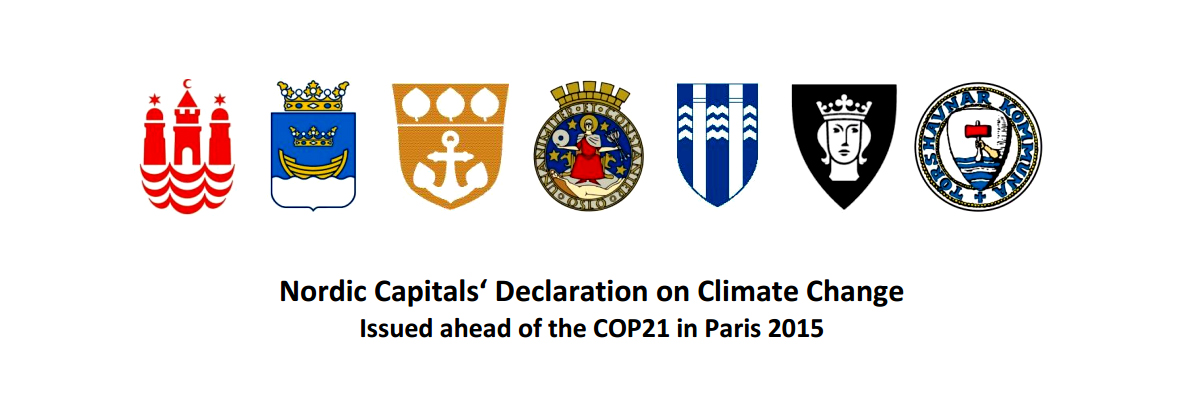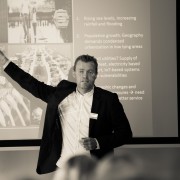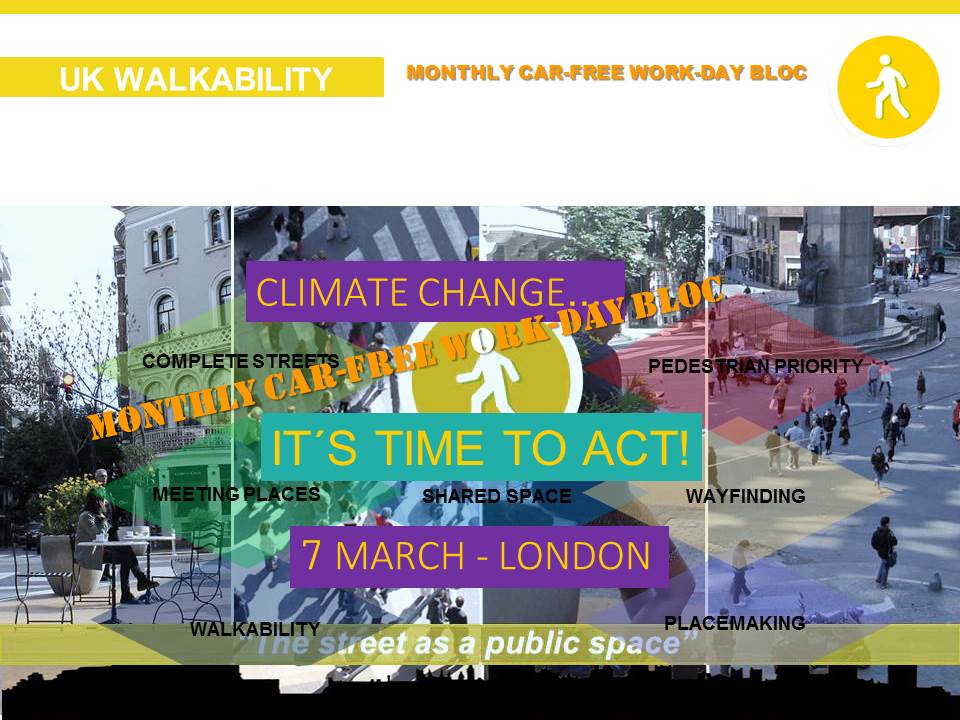Sustainable Development Goals No. 11 plus No. 5 – #SDG11 + #SDG5
Vision – suggested ECO4CLIM_Rdg Climate, Innovation +Jobs Draft Strategy w/ target: Urban eco-philosophy will, in a few years, develop 50 labs across the world / empower more than 500 urban ecopreneurs / generate 3,000 green jobs and directly avoid hundreds of tons of CO2 emissions into the atmosphere.
Urbanisation and industrialisation has gradually led people away from living in natural environment depriving them of the health benefits of nature such as natural light, green views, local biodiversity, and natural landscapes.
Anyone can, contribute to a sustainable and resilient city structure as long they stay within to the city’s territorial boundaries and do not trespass it’s surrounding greenbelt. If new land is taken for development the case is lost.
The magic “Glocal” urban safe formula has formed from the perspective less is more, such as “back to the basics concept” or just “keep it simple”;
- A healthy environment is based on healthy (100% clean) quality levels in soil, water and air, this is ecology.
- A healthy social environment (society) is based on fundamental humane values (all living beings included) wholesome eating, living and interaction.
There are about 1000 #urban videos circulating the web
The following eight videos will explain most of it, what you are missing you can Google.
Why not support our next generation and share the hashtag #COY12
https://twitter.com/search?q=%23COY12&f=videos&src=tyah
This three minute video explains all you need to know about the 2015 Paris Agreement and how it will help to address climate change and promote the sustainable development goals (SDGs). The Paris Agreement entered into force on 4 November 2016, creating binding commitments. The video highlights the need for further ambition by governments and businesses.Track 0 is releasing an animated video - The#ParisAgreement in a Nutshell - Inspiring decisive action on climate change, to get on track for a zero emissions future compatible with the Paris Agreement and 1.5°C limit
Over a hundred advanced Conventions, Treaties, Agreements and Frameworks have been globally agreed and put in place during 2016. We decided to take a look at a handful of simpler declarations, of thousands of papers, policies, guidelines and text documents.
In writing Climate Change Centre Reading (CCCRdg) has added 7 current general Declarations on sustainability and protection, women leaders and the global transformation, to deeply consider for local government implementation;
Basque Declaration –http://conferences.sustainablecities.eu/basquecountry2016/declaration
10 EXCITING ANNOUNCEMENTS MADE AT EE GLOBAL 2016! – http://eeglobalforum.org/latest-news/10-exciting-announcements-made-at-ee-global-2016
UNEP – Principle 10 and the Bali Guideline – http://www.unep.org/civil-society/Implementation/Principle10/tabid/105013/Default.aspx
Nantes Declaration of climate actors –http://www.climatechance2016.com/uploads/media/5800c65beb61c.pdf
UNACLA Quito Declaration – http://unhabitat.org/unacla-quito-declaration
Global Climate Action Agenda – The “feminization of urbanisation” Roadmap – http://newsroom.unfccc.int/climate-action/global-climate-action-agenda
Belt and Road- New Path to Regional Development –http://www.cn.undp.org/content/china/en/home/operations/projects/south-south-cooperation/global-governance–.html
The Marrakech Vision –
http://www.thecvf.org/marrakech-vision
How can resilient cities buy us time to secure and safeguard our habitats against coming superstorms?
Based on the fact that everything is connected, how do we know which pathways to follow?
The way forward is lasting habitats CO2lutions* enhancing Garden or Wildlife Cities, car free with underground density functions where all of us take on a purpose driven keepers role. These spatial urban aerial habitats are disaster response ready of course.
43 urban innovations that could be applied to the #Reading2050 vision,
https://www2.habitat3.org/bitcache/f1afbb98fec1c3fb8c775ee7b88e4e1334ccd3c9?vid=586936&disposition=inline&op=view
END
* We also need to undertake a work programme under the CP21/New Urban Agenda framework for SDG11 + SDG5 approaches to sustainable safe development with the objective of considering how to enhance linkages and create synergy between, inter alia, mitigation, adaptation, finance, technology transfer and capacity-building, and how to facilitate the implementation and coordination of SDG11 + SDG5 approaches.
#WTPD2016 #climatechance #COP22 #innovation #cities #Climathon #CWNYC #Innovationmonth #InnoTrans2016 #Business #RE100 #IoE #Sustainability #ParisAgreement #AccordDeParis #SDG11 #Changemaker #villes #regions #smartcities #startup #energy #entrepreneur #climat #climate #renewable #economy #NetZero #EnergyStorage #sharing #BatteryStorage #Photosyntesis #SBI45 #SBSTA45 #CMA 1 #APA







